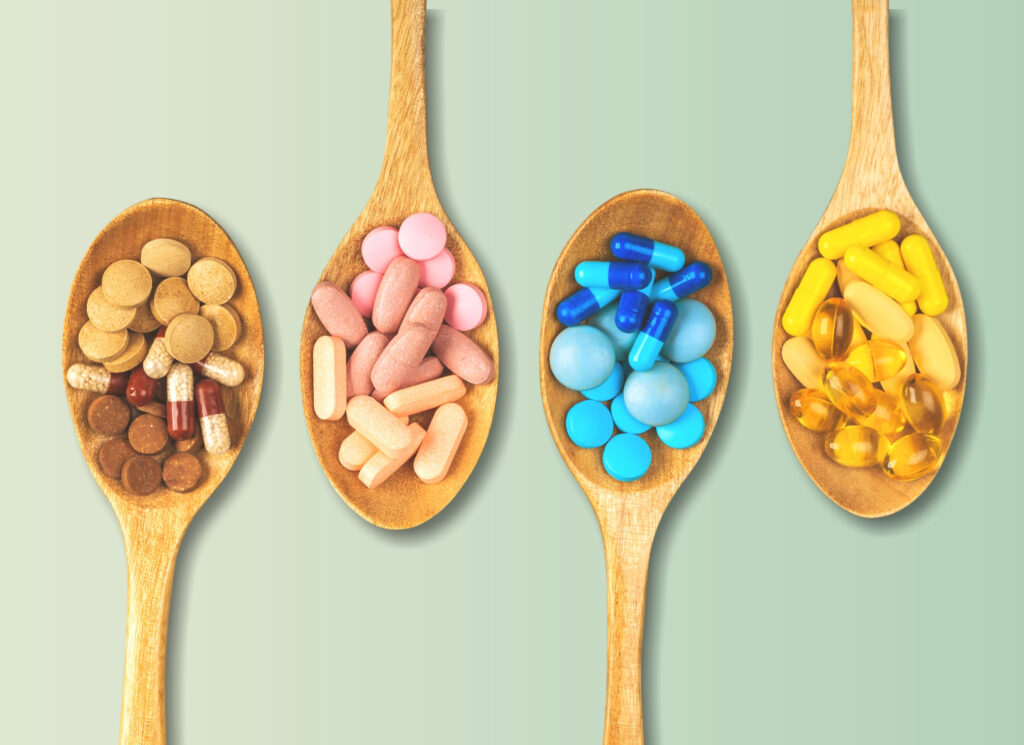Nutritional Supplements for Optimum Health 2.0
Following the work of Drs. Russell L. Blaylock, M.D. and Jonathan V. Wright, M.D., this is an update to my 2009 article on nutritional supplements. The doses of a number of them are different particularly with regard to Curcumin and Coenzyme Q 10, and the doses of calcium and strontium have been brought into better balance (less strontium […]
Nutritional Supplements for Optimum Health 2.0 Read More »

